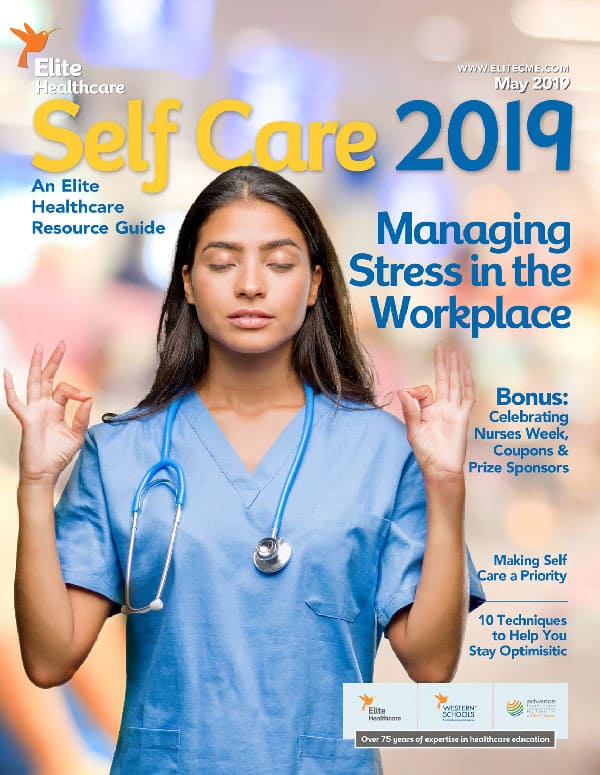
Preliminary results from a trial in Uganda regarding Self Help Plus
A guided, self help plus approach provides strategies for managing distress and coping with adversity is safe and resulted in meaningful improvements in psychological distress and functioning compared to enhanced usual care over three months in female refugees living in a settlement in Uganda, according to a randomized trial involving almost 700 South Sudanese refugee women, published in The Lancet Global Health journal.
The study is the first randomized trial of intervention in a low-resource humanitarian setting. Although longer follow-up is needed to determine the long-term effects of the intervention, the authors say that guided self-help could be a promising first-line strategy to address the vast gap in mental health support in areas where humanitarian access is difficult, such as South Sudan and Syria.
Refugees are at greater risk of developing symptoms of common mental disorders and other forms of disabling psychological distress. Although several psychological treatments have been shown to be effective among conflict-affected populations, they tend to target single mental disorders, require a substantial clinical workforce, and reach only individuals or small groups of people at a time.
Self Help Plus (SH+) was developed by the World Health Organization (WHO) to meet the challenges of delivering evidence-based mental health support to large numbers of people both with and without mental disorders in hard-to-reach conflict- or disaster-affected areas. SH+ is a group-based self-help intervention guided by non-specialist facilitators with minimal training. It combines a five-session pre-recorded audio course with an illustrated self-help book designed for low literacy populations and can be delivered to groups of up to 30 people.
“SH+ provides strategies for managing distress arising in the context of a range of adversities including interpersonal violence, armed conflict, and chronic poverty. The approach is based on acceptance and commitment therapy, a modern form of cognitive-behavioral therapy, that focuses on increasing psychological flexibility—primarily through mindfulness exercises—and promotes behaviors that are in line with a person’s values”, explains Dr. Wietse Tol from Johns Hopkins Bloomberg School of Public Health and HealthRight International, USA, who co-led the research.
SOURCE: WHO






